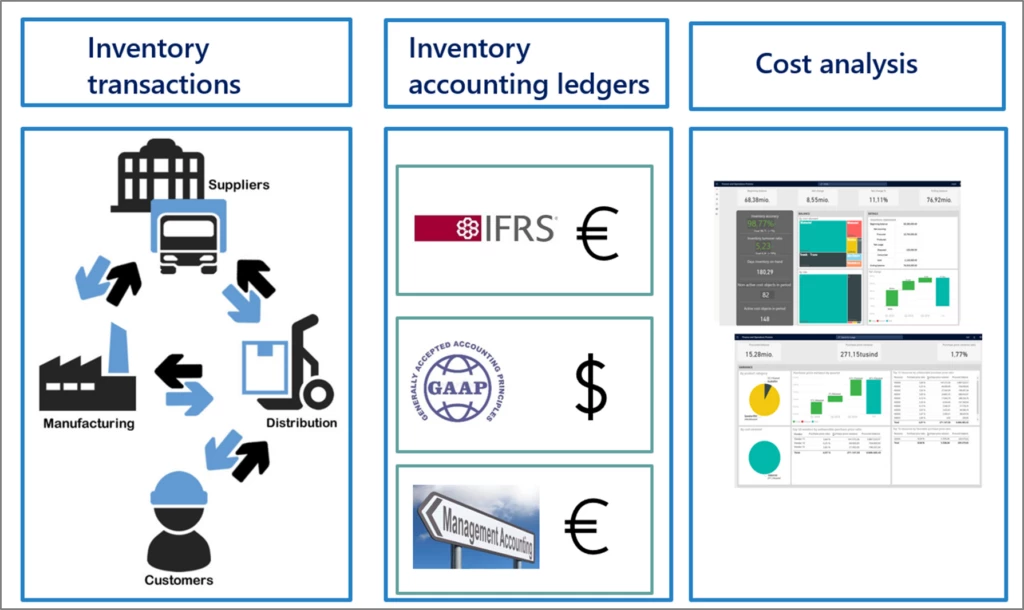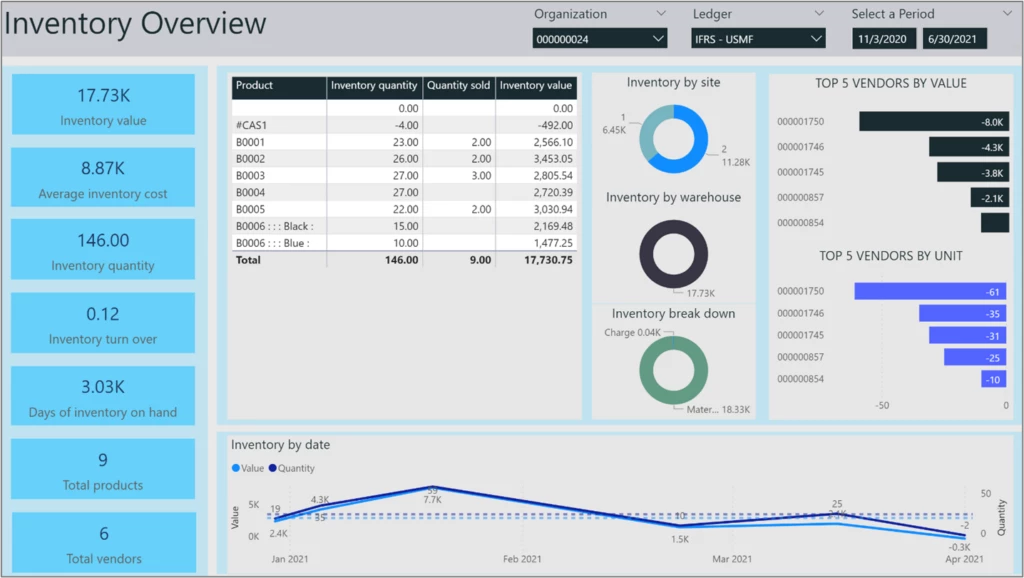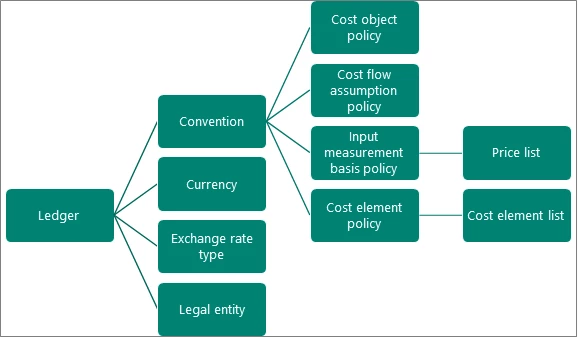If you are interested in learning more about supply risk assessment in Microsoft Dynamics 365 for Supply Chain Management, contact us here to find out how we can help you grow your business. You can also email us at info@loganconsulting.com or call (312) 345-8817.
How the Parallel Cost Accounting Feature in the Global Inventory Accounting Add-in for D365 Supply Chain Management will Benefit the Life Sciences Industry
Posted on: March 22, 2023 | By: Guy Logan | Microsoft Dynamics AX/365, Microsoft Dynamics Manufacturing
The life sciences industry has always been heavily regulated, and compliance with international accounting standards is critical for companies operating in this sector. With the recent introduction of the Global Inventory Accounting Add-in for Microsoft Dynamics 365 Supply Chain Management, life sciences companies can now benefit from parallel cost accounting, which allows them to easily comply with multiple accounting standards simultaneously. This new feature offers a range of benefits for organizations operating in multiple countries, including enhanced efficiency, improved accuracy, and reduced risk. In this blog, we’ll take a closer look at the benefits of this new tool and explore how it can help life sciences companies to stay on top of their inventory accounting processes.
Continue reading this blog to learn more about the Global Inventory Accounting Add-in in Microsoft Dynamics 365 Supply Chain Management.
Global organizations face complex accounting challenges
The life sciences industry operates on a global scale, and as such, international organizations in this sector face a unique and complex accounting challenge. When producing and selling items across multiple countries, they must calculate multiple representations of inventory costs to comply with various accounting principles, including local generally accepted accounting principles, statutory accounting principles such as the International Financial Reporting Standards (IFRS), and internal management accounting practices.
This is particularly relevant in the life sciences industry, where compliance with various regulations is critical for ensuring the safety and efficacy of products. Furthermore, companies may need to account for inventory costings using both a fluctuating local currency and a solid second currency for statutory compliance.
Finally, organizations in the life sciences industry may need to use different cost valuation methods internally versus those required by their local country or region, further adding to the complexity of inventory accounting.
Parallel cost accounting made easier
Consider a life sciences company that operates in multiple countries and produces and sells medical devices. One of its subsidiaries is located in a country where the local government requires them to account and manage inventory in the local currency, which is prone to hyper-fluctuation. However, to comply with IFRS, the subsidiary must also account and manage inventory in a stable currency like USD or EUR. This presents a significant challenge for the subsidiary, as they must maintain separate ledgers for each currency and ensure compliance with both sets of accounting principles.
With the new Global Inventory Accounting Add-in for Microsoft Dynamics 365 Supply Chain Management, this subsidiary can easily manage and record values in multiple currencies by switching between predefined ledgers for a specific sales order. This means that the subsidiary can comply with local accounting standards while also meeting the requirements of IFRS, all while streamlining their inventory accounting process.
A key feature of the Global Inventory Accounting Add-in is its ability to create a single document that applies multiple accounting rules simultaneously based on different currencies, input measurement bases, and cost flow assumptions. With the new multi-ledger functionality, organizations can define as many costing ledgers as they need. Inventory accounting in dual currencies and in dual valuations are both supported.
For example, a subsidiary in a country with a hyper-fluctuating local currency is required by the local government to account and manage inventory in the local currency. At the same time, to comply with IFRS, the subsidiary must also account and manage inventory in a stable currency like USD or EUR. With Global Inventory Accounting, the subsidiary can record and check values in multiple currencies by switching between various predefined ledgers for a specific sales order.
Because Global Inventory Accounting runs as a micro service, it provides inventory statements, valuations, and variance reporting in cloud-hosted environments such as Microsoft Dataverse.

Greater visibility into costs with Power BI reporting
Global Inventory Accounting also enables organizations to analyze their costs in greater detail. Organizations can retrieve informative Power BI reports for further analysis, and use the included templates to generate inventory overviews, inventory statements, and more for cost controllers and managers to analyze costs and make decisions about future changes.

Parallel cost accounting: Behind the scenes
Global Inventory Accounting performs inventory accounting in individual ledgers. Organizations can create as many costing ledgers for each of their legal entities as needed to ensure they can obtain multiple inventory representations. All documents (such as purchase orders, sales orders, transfer orders, and so on) that are posted in a legal entity are accounted in all the costing ledgers that are associated with the entity.
The following diagram shows the composition of a Global Inventory Accounting ledger.

Looking ahead
To empower organizations to achieve compliance while operating internationally, Global Inventory Accounting supports both standard cost and moving average for retail and distribution industries. Future enhancements will target manufacturing companies by adding support for standard cost, moving average, weighted average, first in first out (FIFO), and other calculation methods.
